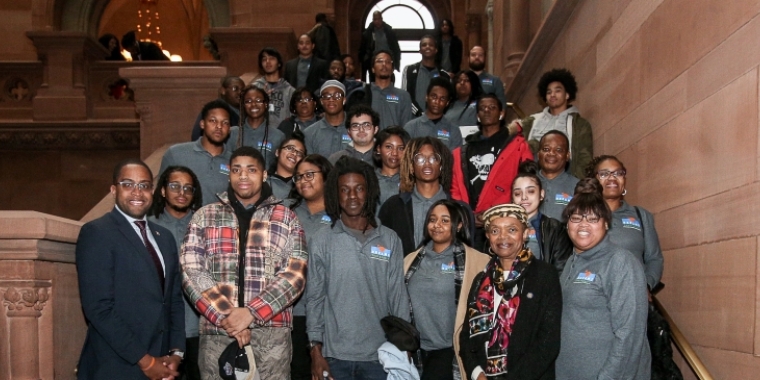
The Societal Cost of Incarcerating Juveniles
It’s hardly a secret that America’s juvenile criminal justice system is failing our youth miserably. Recent revelations by The Miami Herald uncovering abuse in Florida's juvenile prisons come as no surprise to any of us who work within reform, including New York State Sen. Velmanette Montgomery (D).
In her keynote speech at a reentry panel in October, Sen. Montgomery described her habit of showing up, unannounced, to local sentencing hearings for juveniles. She explained that judges “wouldn’t dare to imprison a baby” in the presence of an elected official.
But what about the children and teens who don’t have the good fortune of receiving a surprise visit from Sen. Montgomery at their hearing? Many are detained. The U.S. incarcerates approximately 70,000 juveniles a year, “63 percent of whom are nonviolent” according to a 2014 piece by The Atlantic.
Detaining juveniles under the age of 18 is especially pernicious because they are in the midst of an essential period of brain development. During adolescence, the brain undergoes major structural growth, particularly in the frontal lobe that is responsible for cognitive processing and impulse control. Years of scientific research have taught us that adolescents do not have fully developed planning, strategizing, and organizing of their thoughts and actions until around age 25. Although laws regulate drinking, voting, and the age of sexual consent, we completely ignore the complexities of the underdeveloped brain when handing down harsh legal punishments.
To read the full story, visit https://www.newsmax.com/viviandnixon/incarceration-juveniles-education/2018/03/16/id/849121/
